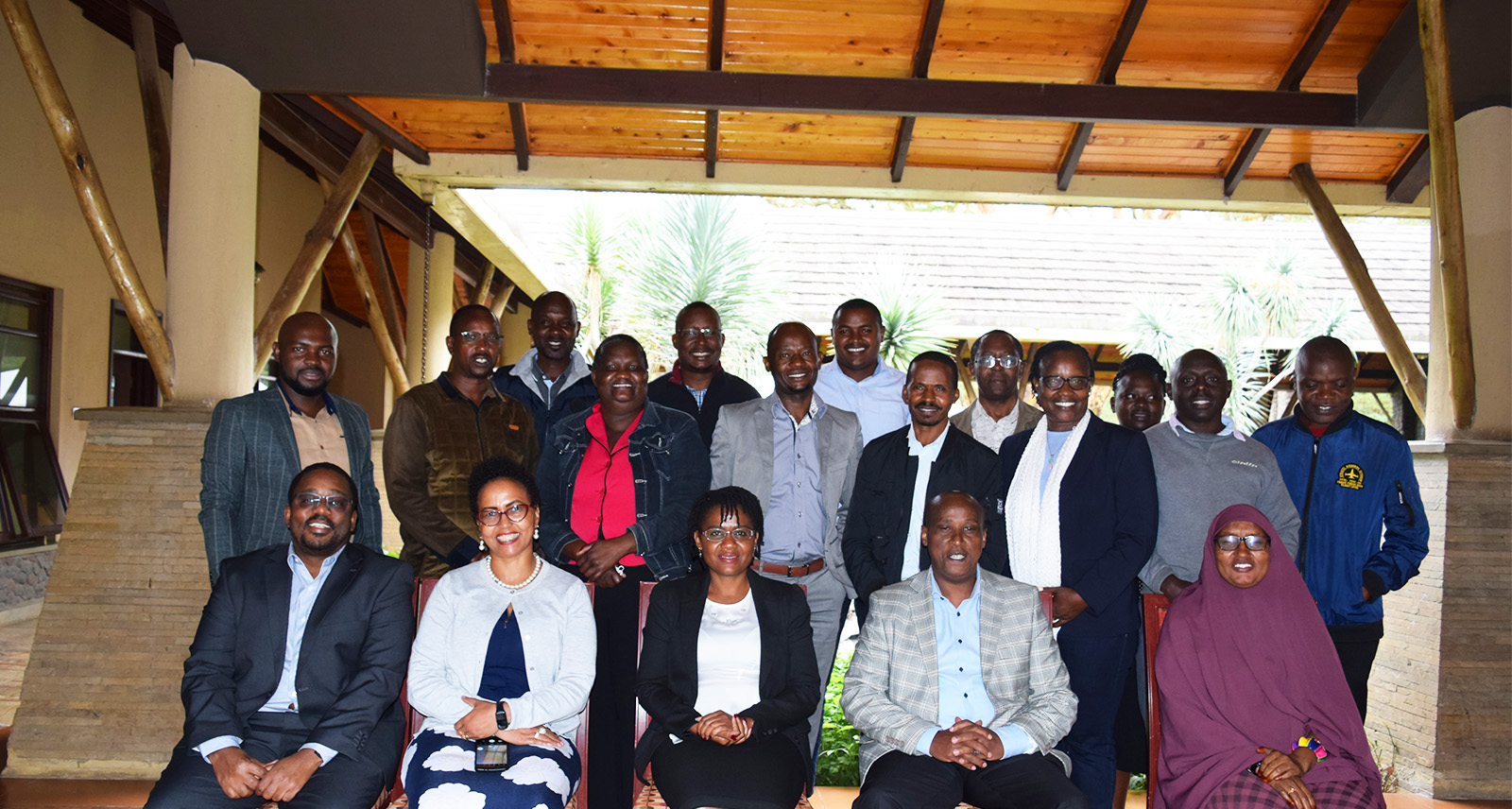News

In development, effective policymaking and programme implementation are underpinned by evidence-informed decision-making (EIDM). However, there are many widely acknowledged barriers to evidence use. These include weak relationships between decision-makers and producers of evidence, inappropriately packaged evidence and weak capacity among decision-makers to find and use evidence, among others. Therefore, there is increasing need to develop capacity in accessing, appraising, interpreting, synthesizing, and utilizing research evidence in decision-making.
Towards this, between 19 and 21 April 2022, AFIDEP experts* will convene climate change and health practitioners from various government agencies for a training workshop to enhance their capacity on policy engagement and evidence uptake. The workshop will be held in Naivasha, Kenya and will be officially opened by Dr. Mercy Mwangangi – Chief Administrative Secretary of the Kenya Ministry of Health.
The main objective of the training is to strengthen the technical capacity of policymakers and practitioners working in the context of health and climate change action in accessing, interpreting, and utilizing research evidence in decision-making. This will enable articulation of issues at the nexus of health and climate change.
The training is designed to strengthen the participants’ skills and knowledge in:
- Understanding the policymaking process
- Identifying credible sources of climate change and health evidence
- Conducting systematic and effective/productive searches of evidence for key policy messages and recommendations for tackling a given policy question
- Effectively communication of key policy recommendations to senior government officials
- Developing policy briefs to provide recommendations for tackling current policy issues for climate change and health.
This training is part of the Making the Case for Planetary Health in Sub-Saharan Africa (Planetary Health) Project that aims to build the evidence base for policy and programmes that address the health impacts of climate change in Sub-Saharan Africa. This is a two-year project implemented by AFIDEP in collaboration with the Centre on Climate Change and Planetary Health at the London School of Hygiene and Tropical Medicine (LSHTM). Planetary Health is funded by the Children’s Investment Fund Foundation (CIFF).
*Dr. Rose Oronje, Dr. Bernard Onyango, Alphayo Lutta and Ann Waithaka

